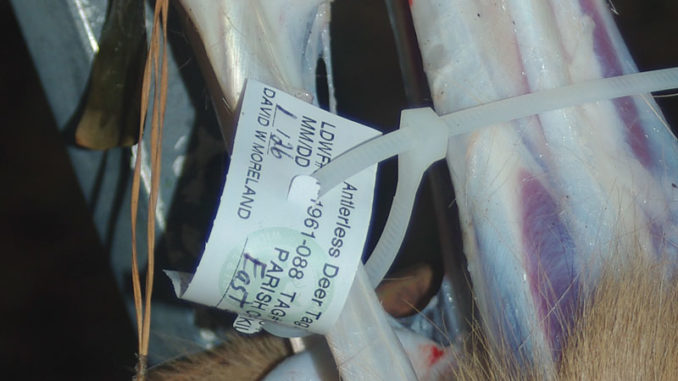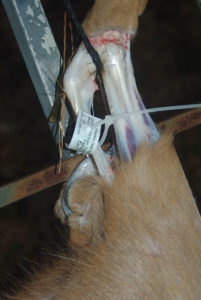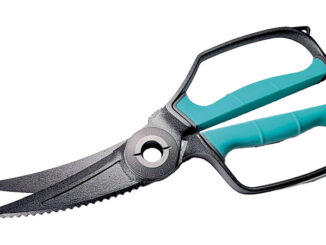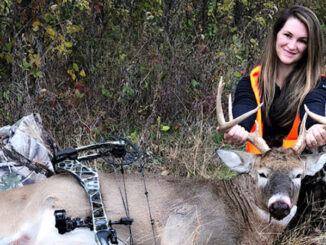
Louisiana regulations require hunters to maintain positive evidence of sex identification, including the head or sex organs, as long as a deer is kept in camp or in the field, is in route to the hunter’s residence, has been taken to a deer processor or has processed by the deer himself and is ready for the freezer.
This cumbersome regulation has been on the books for years and needs to be eliminated now that deer tags have come on the scene.
New regs
New regulations require all hunters, regardless of age or license status, to obtain tags before hunting deer. When a hunter kills a deer, he or she must immediately tag the deer with the appropriate tag before it is removed from the harvest site. The hunter must record the harvest information on his report card. The tag must remain on the deer while it is being transported to the residence of the hunter or to a processor. Within 72 hours, the hunter must validate the harvest with LDWF.

With the arrival of deer tagging and tags that are specific for bucks and does, it would seem that the need to maintain sex identification should no longer be required. The tags should serve as proof of sex and should also replace the need for having a possession tag as long as the hunter maintains possession of his deer meat. If he shares it with others, a possession tag would be necessary for those receiving the meat. The hunter’s tag contains all the information a possession tag would.
What about a hunter who kills a buck and tags it with a doe tag with the idea of killing more than three bucks? Yes, a hunter may consider doing that and running the risk of being caught. If hunters think there is a chance of being stopped in the field or on the way home, they might think twice about doing it.
CWD
The CWD issue has changed the way we go about our business. I hunt on Pearl River WMA, but to get there, launch a boat at a Mississippi ramp. That means if a deer is harvested by a member of my hunting party, it can’t legally be brought to the ramp, then taken back into Louisiana on I-10 unless it has been processed, the meat boned out without bones, no deer heads and only clean skull plates, or else we are in violation of the Mississippi law. In order to comply with the Mississippi law, we have to violate the Louisiana laws about keeping sex identification intact.
Hunters who hunt in the area of Louisiana known as the CWD Zone must comply with these new meat and antler regulations, thus violating Louisiana law. Hunters in southeast Louisiana who travel to north Louisiana frequently take the route through Natchez and then northward. Successful hunters who return home using this same route would have to comply with the Mississippi regulations regarding harvested deer and would be in violation of Louisiana regulations.
The simple solution is to let the hunter’s deer tag serve as proof of sex and as proof of possession, as long as the hunter does not share his meat with others. Validation of the deer could be required, but as we know, technology does not always work in the fields and woods.
CWD testing
LDWF has notified hunters that a hunter can now pay to have his deer tested for CWD. Generally, this means submitting a head for testing brain and gland tissue. That is great, but if hunters cannot transport a head across state lines for testing, the hunter is out of luck. LDWF needs to work with other state game agencies and come up with regulations that would allow hunters to be able to do this.
If we are going to stay ahead of the game, some of these archaic game laws need to be changed, and it needs to be now.


